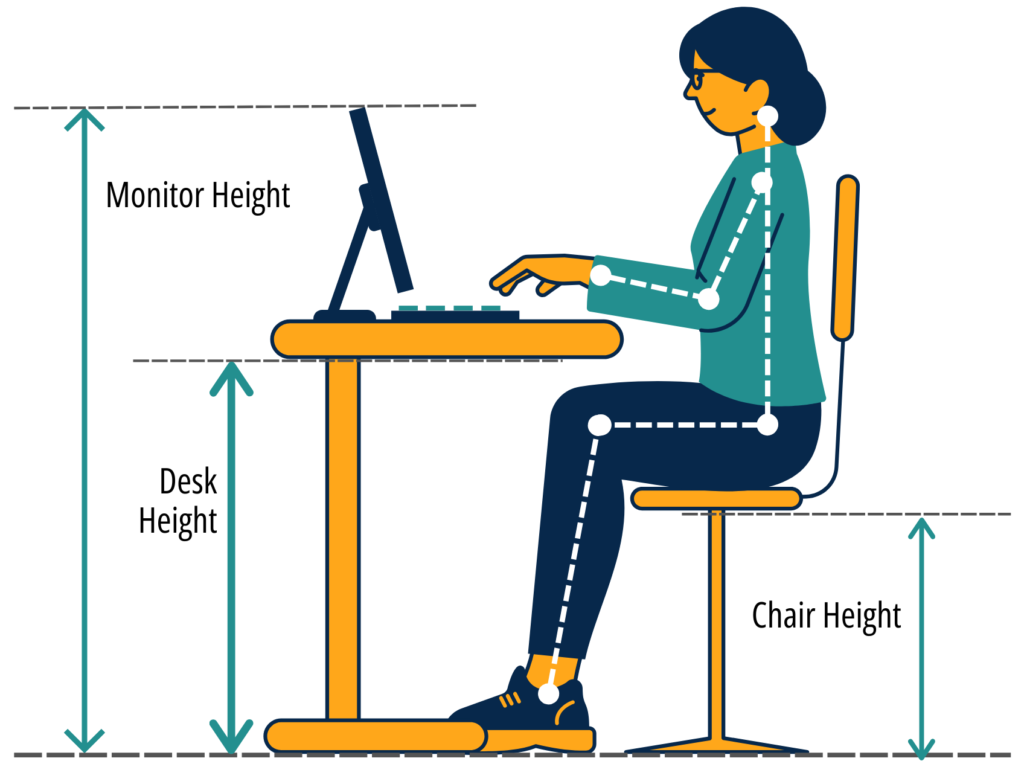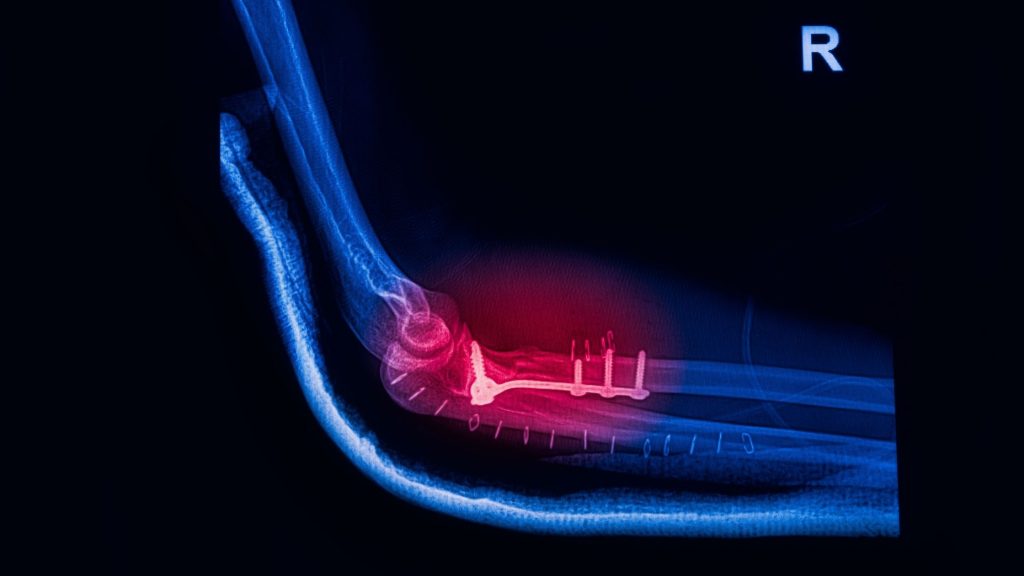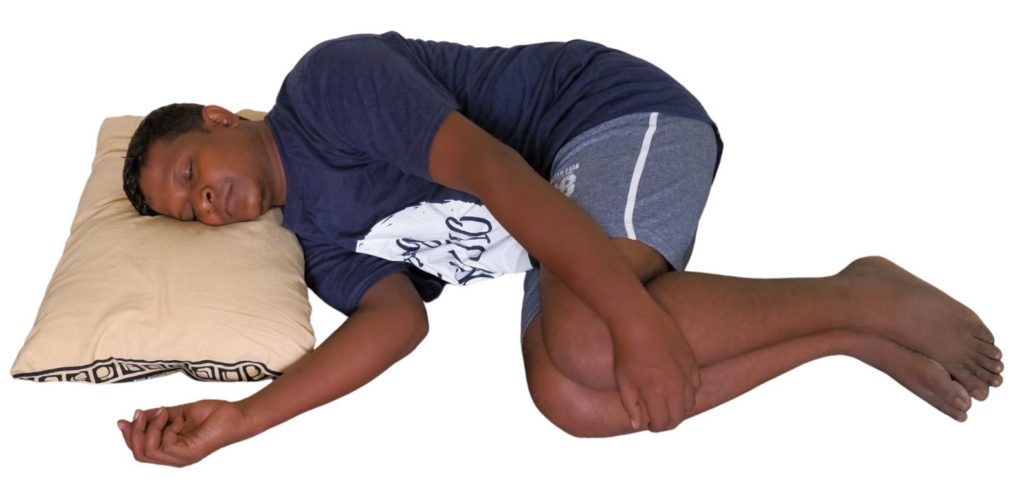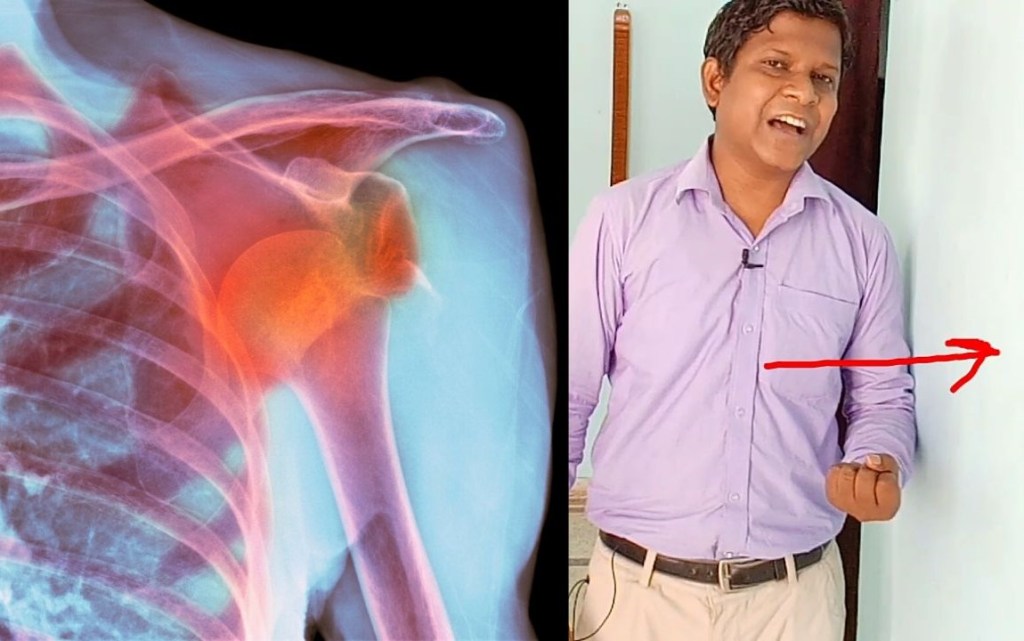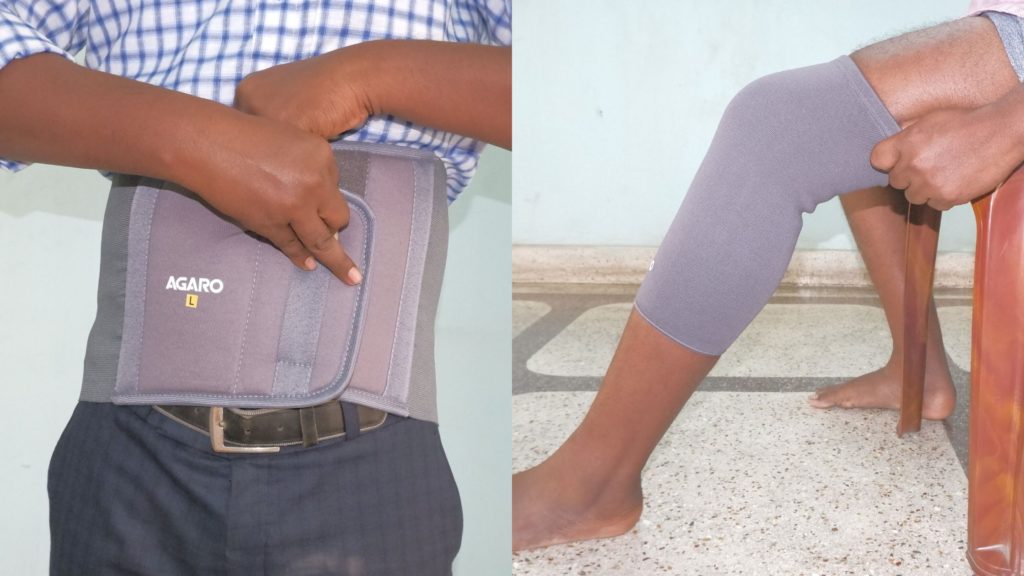
- Most of the chronic pain we suffer is not due to physical injury, it is ‘in the brain or mindset’.
- By helping sufferer teach the brain that ‘pain is in the brain’ can effectively reduces the pain.
- This can be acheived by Pain Processing Therapy, a kind of behaioural therapy.
A recent study has revealed that explaining to patients that their chronic back pain is often ‘in the brain or mindset’ can help them experience less intense pain. Therefore, diverting the sufferer’s attention away from their pain can be an effective chronic lower back treatment option, as long as there are no underlying physical causes such as injury or fracture.
In fact, a popular old research stated that ‘pain-related fear may be more disabling than pain itself’1. The present study was published in JAMA Network Open, and it reveals that if this fear is reduced by psychological therapy intervention, like talk therapy the sufferer can be cured of chronic lower back pain. Let’s find out more about this interesting study in this article.
Pain Reprocessing Therapy help sufferer learn that pain ‘is in brain’
According to the study, most of the old chronic pain we suffer from is actually not due to physcial injury, fracture or other pericheral cause. Most of the primary chronic pain including the majority of cases of chronic back pain, tension headache, and many other pain condition pain is driven predominantly due to how our brain processes it. This is known as central upregulation and threat learning.
A group of researchers in the US wanted to know if this can be stopped in brain. For this, they created a new treatment called Pain Reprocessing Therapy (PRT) that helps patients think differently about their pain. This type of therapy helps to identify the pain as being “in the brain,” which means that it’s not necessarily coming from a physical injury or condition.
“Millions of people are experiencing chronic pain and many haven’t found ways to help with the pain, making it clear that something is missing in the way we’re diagnosing and treating people,” said the study’s first author Yoni Ashar, PhD, assistant professor of internal medicine at the University of Colorado Anschutz Medical Campus, said in a news release.
Through this therapy, the scientist wanted to break the chain by teaching the sufferer that the pain is caused by harmless and reversible pathways in the brain.
Interestingly, another previous study talks about curing chronic pain using sound and electrical stimulation, which modulates the pain pathway using the combination of sound stimulation and electrical stimulation3.
How talk therapy can help divert mind from pain
So, the researchers wanted to break the connection between the brain and chronic pain by using PRT. It is basically talk therapy, also known as psychotherapy or counselling, which aims to address the psychological and emotional aspects of pain.
For this, they recruited 151 adults of age between 21 to 70 years with low-moderate severity chronic back pain. They were randomly assigned into three different groups.
- One group received PRT, which included 1-hour therapy sessions/ counselling twice weekly for 4 weeks.
- The participants of the second group went through a placebo. They were simply given a saline injection at a very superficial skin level.
- The third group were given the usual back pain care.
The participants were also told to self-report the pain intensity before the beginning of the study and after the treatment.
After collecting all the data, they analysed it. They found two-thirds of people treated with PRT reported being pain-free or nearly so after treatment.
According to a study, over half of the people who underwent PRT believed that their chronic pain was caused by their mind or brain. In comparison, only 10% of those in the placebo group and 7% of those in the usual care group held the same belief. The study also found that those who saw their pain as a result of mind or brain processes reported a greater reduction in chronic back pain intensity.
“These results show that shifting perspectives about the brain’s role in chronic pain can allow patients to experience better results and outcomes,” the lead author Ashar adds.
In the news release, Ashar discusses the possible cause of this, one reason for this may be that when patients understand their pain as due to brain processes, they learn that there is nothing wrong with their body and that the pain is a ‘false alarm’ being generated by the brain that they don’t need to be afraid of.
What does it mean to us?
According to a study, chronic pain that is not caused by physical injury or fracture is due to the way our brain perceives the pain. Fear can often worsen the pain. By training our brain to understand that pain exists only in our mind, the pain can be significantly reduced.
In the future, talk therapies may become integrated into the healthcare system as a solution for managing chronic pain. As a physical therapist, I highly recommend incorporating chronic low back pain exercises into your daily routine to reap their physical benefits.
Keep Reading: Chronic pain sufferer has new hope, this brain protein may help
The author is a physiotherapist who has been practising for the last 17 years. He holds a Bachelor's in Physiotherapy (BPT) from SVNIRTAR (Swami Vivekananda National Institute of Rehabilitation and Research), one of the prestigious physiotherapy schools in India.
Whatever he learns dealing with his patient, he shares it with the world through blogs and e-books. He also owns a YouTube channel, "Sunit Physiotherapist" with over 8 lakh active subscribers. Here, he shares everything he gets to learn serving the patient.
